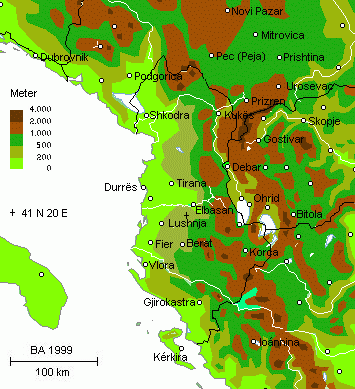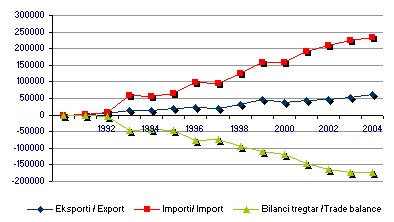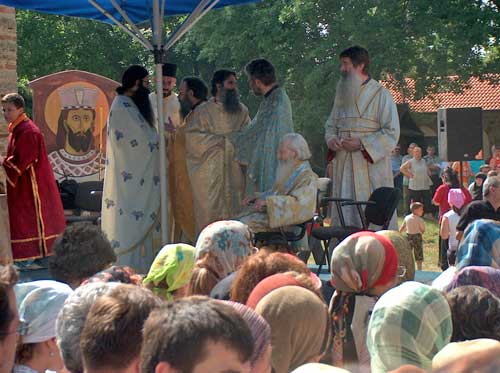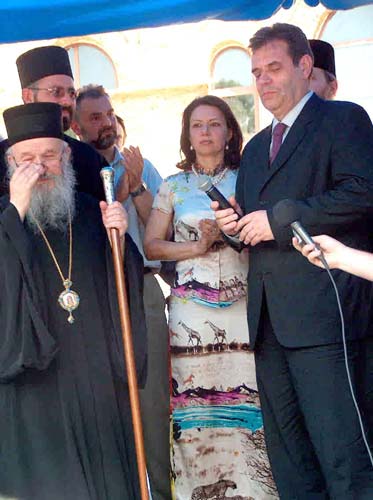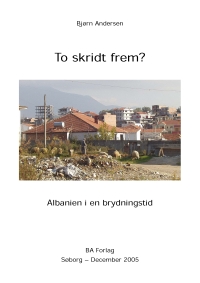Sidste Nyt fra Albanien, Kosóva og Makedonien
The Latest News from Albania, Kosóva and Macedonia
# 309 - 8' årgang - 30.06.2006
Version 1.1 [FN-link repareret] • Næste nr. ventes at udkomme: 04.08.2006
PDF for printing •
Info om »Sidste Nyt«
Udgiver:
Bjørn Andersen
Publisher:
Bjoern Andersen
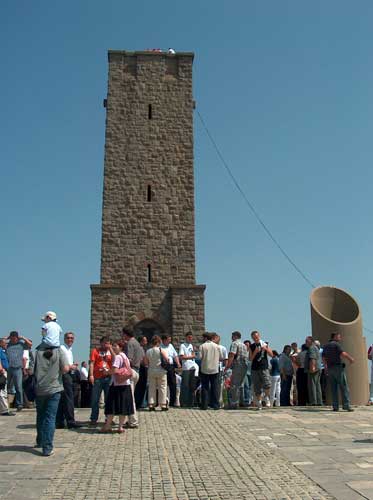
Serbisk mindesmærke i Gazemistan på Kosovo-sletten; det er opsat til minde om slaget i 1389. Et andet sted er der et mausoleum for Sultan Murat der omkom under slaget.
![]()



